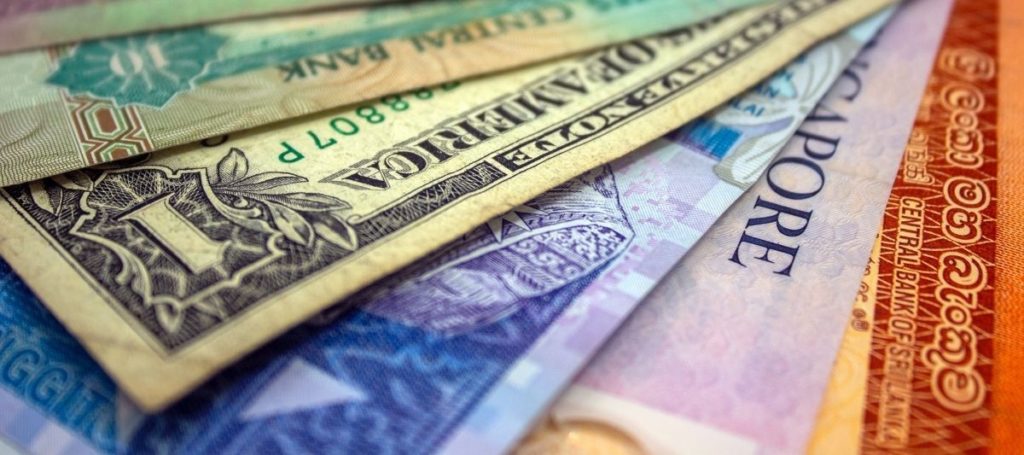Fitch Ratings affirmed the AA- ratings on Singapore’s three major banks, DBS, OCBC, and UOB on Monday, removing all three banks from the Rating Watch Negative (RWN), which has been in place since April.
The announcement is a strong indication that Fitch believes Singapore’s economic situation has stabilised for the first time in five months, despite a slowed business growth outlook in the short term.
Regarding the change, Fitch stated, “There remain downside risks to business conditions and the banks’ financial profiles domestically and overseas, but the materialisation of stressed conditions has become less immediate.”
The credit rating agency clarified that the three banks were removed from the Rating Watch Negative, predicting that Singapore’s economy would gradually recover in the second half of 2020, given the relaxation of social distancing measures and the corresponding rise in domestic spending.
Singapore has been largely successful at controlling the spread of COVID since mid-August. The Singaporean Ministry of Health announced yesterday that the number of unlinked cases in the community has remained stable with an average of fewer than one case per day over the past two weeks. As of today, 27 Singaporeans have died of COVID-related complications and a total of 57,466 out of 57,742 Singaporeans have fully recovered from the virus. The country currently has 276 active cases.
Stricter contact tracing regulations have also been implemented since 14 September to ensure that the pandemic remains under control. Higher-risk businesses, which include restaurants, cinemas, gyms, and other select workplaces, are required to scan customers’ TraceTogether App or Token before allowing entry.
Large-scale business events, such as conferences and trade fairs, will also be allowed to resume as early as next month, provided that the event is government-approved and organisers scan all participants’ QR code before entry.
However, despite the optimistic outlook, Fitch justified the unchanged AA- rating by arguing that the loosening of government relief measures could accelerate unemployment and business insolvency.
The credit rating agency also remained sceptical of Southeast Asia’s short-term business prospects, stating that “Among the banks’ key overseas markets, a tentative economic recovery looks to be underway in greater China, but efforts to contain the pandemic continue to pose significant challenges in parts of south and south-east Asia.”
In an effort to revive the economy, the Singaporean government has heavily encouraged local businesses to digitalise, launching the Digital Acceleration Grant in April this year. The programme seeks to encourage smaller financial institutions and FinTech firms to adopt digital solutions in their efforts to increase productivity and strengthen operational resilience.
Currently, over 400 financial institutions and FinTech firms have applied for the Digital Acceleration Grant.
Singapore is still largely closed off from the rest of the world with a mandatory 14-day quarantine in place for most visitors. However, the Ministry of Health announced last week that a new business travel pass is in development for senior executives with regional or international responsibilities that require them to travel abroad.
The government is also currently engaging in negotiations with other countries concerning the development of safe bilateral travel measures.
Related Articles
Singapore Pioneers Facial Verification Scheme Amidst Privacy Concerns
Singaporean Firms Required to Implement Stricter TraceTogether Policy
Singapore Tightens Work Visa Requirements, Encourages Firms to Hire Locally





